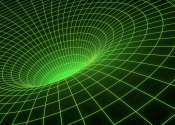Mars model provides method for landing humans on Red Planet
A mathematical model developed by space medicine experts from The Australian National University (ANU) could be used to predict whether an astronaut can safely travel to Mars and fulfil their mission duties upon stepping ...









